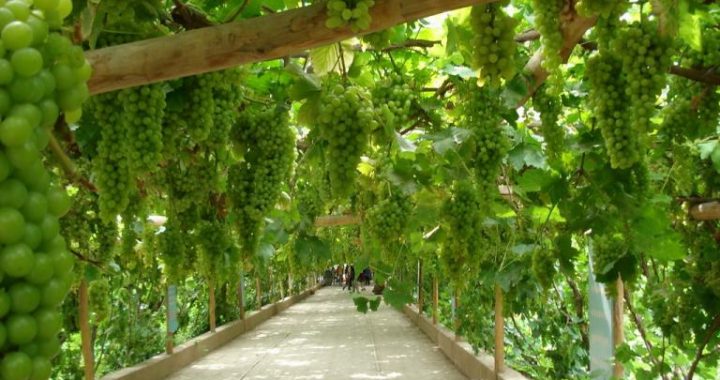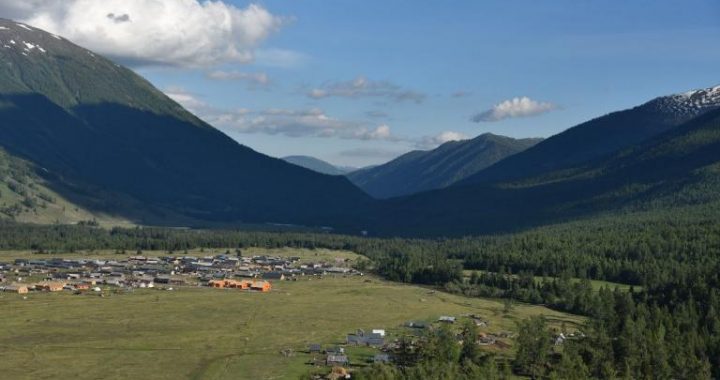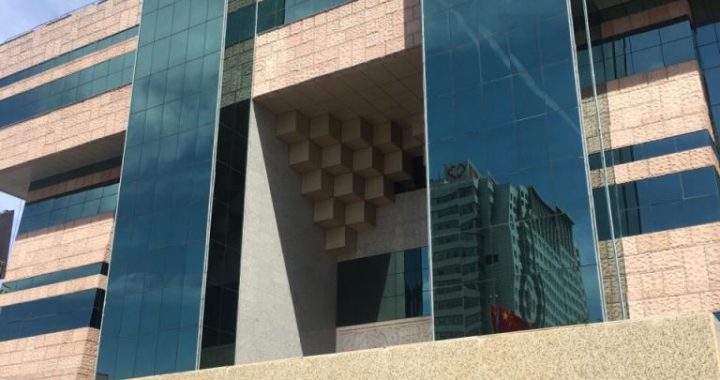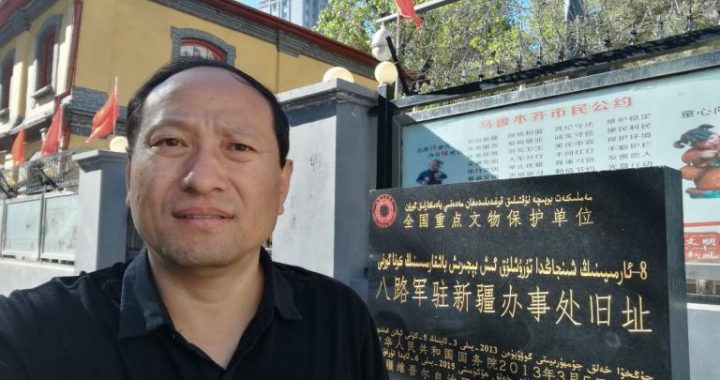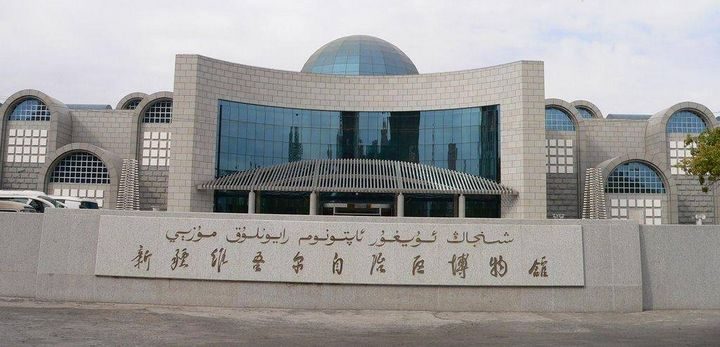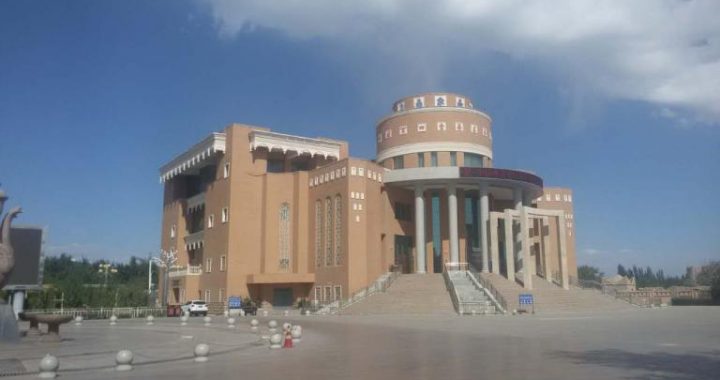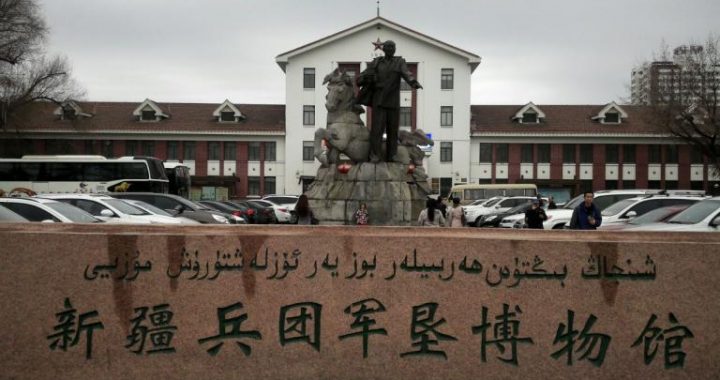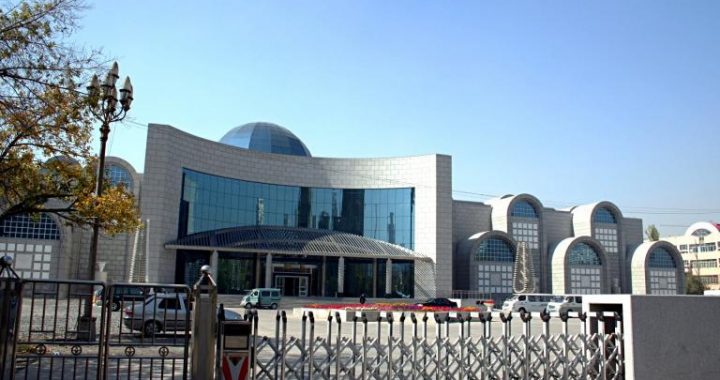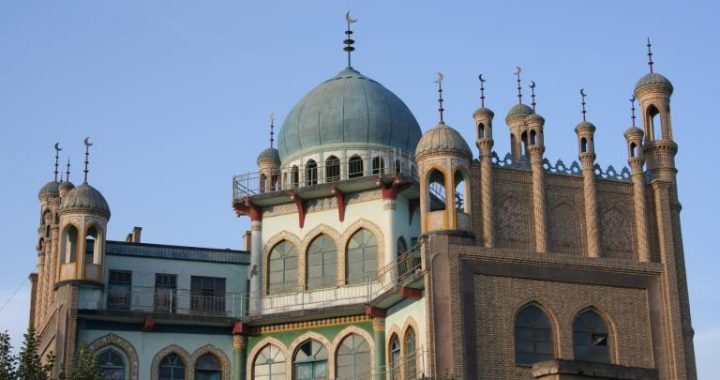Meeting Etiquettes of Different Styles
5 min readMinorities in Xinjiang pay more attention to the courtesy and etiquette, and when people meet, they will salute and say hello to each other. If two men in Uygur or Uzbek meet, they will respectively cover the left chest by righthand with the upper body tilting slightly, and then they shake hands and say Salam”(greetings) to each other. One of them says to the other first Assalamu eleykum”(referring to”Hello! How are you “) and the other will answer mmediately Waleykum eslam”(referring to “Fine, and you ), and then they will ask about each other’s parents and children If an elder and a child meet, the child should say hello to the elder first, and the elder should kiss the child’s forehead or face. If you meet a noble guest or eldership, you should have your hands cross in front of the chest, then bow and outstretch your both hands to salute, expressing your respect and courtesy to the elder. When the women in Urumqi and Kashgar meet, they will hug each other with their faces sticking to each other, and then they salute to each other, being very affectionate. Inother areas, people always shake hands, then say goodbye and bow with hands touching the knees after greeting. When a young meet a senior, the young should salute first. If the two people haven’t seen for a long time, there must be many greetings such as healthy body or happy family to each other. If a new guest comes, other guests in the house should stand up to salute and the new guest also should return a salute and shake hands to all the other guests When a man meets a woman they needn ‘t shake hands but say hello to each other. This kind of traditional etiquette has been maintained in the vast rura areas at present, while in the cities, people usually shake hands when they meet each other and most women will stick their faces to each other.
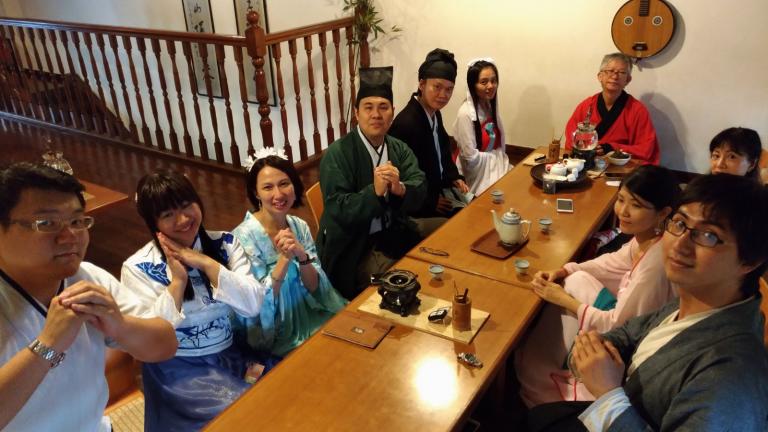
Many ethnic groups such as Kazak and Kirgiz living in the pasturing areasfor a long time are so enthusiastic when meeting people. They shake hands with both hands and say “Salam”to each other, after which, they still say sever or eight Aman”(safe) with the main content of greetings to the elder, wife, children, brothers, sisters and stock, or will be regarded as misbehavior. If a young person encounters an elder on the road, he will dismount for greetingWhen women encounter each other, they usually nod for greetings, but if the two women haven’t seen for a long time, they will hug each other with more enthusiasm.
The Mongolian people attach great importance to the greetings and salutes. People in the same generation usually shake hands when they meetThe junior should nod and bow to the elder and wish the elder good health The etiquettes are very ceremonious when a host is meeting the guests. After knowing the guest is coming, the host will wait for the guest in the abuttal and prepare wine, meat and dairies. When seeing the guest, the host will present hada and wine to express his enthusiasm and good faith for the guest. When the guest leaves, the host will send away till the abuttal, toasting and singing.

The meeting etiquettes of tajik are so unique that the encountering men with equal generation shake hands first and then kiss each other’s back of the hand. The encountering close brothers relatives or friends unseen for a long time will hug each other. When people in different generations encounter, the junior will kiss the center of the palm of the elder to indicate respect and the elder will kiss the young people’s forehead to express affability. the encountering women with equal generation kiss each other’s face or kiss the lips if they are close relatives when encountering; the elder kiss the junior’s eye or forehead and the junior will kiss the elder’s center of palm when a woman and a man who are in the same age encounter, in the past, woman would kiss the hand of the man and man would touch the woman ‘s head with hand in return but now they usually shake hands. If the man is the woman’s close relative or eldership, the women will kiss the man’s center of palm. Children wi kiss parents’ both hands when they encounter parents and the older generation can kiss faces of young people. However, father and father-in-law cannot kiss faces of daughter and daughter-in-law. When the daughter whohas married meets her relatives again, there will be many greetings that hether the body is healthy the family members are safe and the crops bloom and so on.
People in Xibe pay more attention to the meeting etiquettes that they will shake hands and say hello to each other when encountering. When a junior and an elder, children and parents, persons in the same generation who haven t seen each other for a long time or two elders encounter, they will make a Daqian “salute, namely left leg steps forward half of a step, and both hands cover the left knee with two knees bending. What is different is that between the elder and people in the same generation they make a”Daqian “salute to each other, however, the elder just needs to make an audible response to theyoung people in return Women do not practice this etiquette; however, if the man makes such a salute to a woman the woman should make the same Daqian”in return. Now, people in the same generation usually shake hands and still make a Daqian”salute to the older. The young people will kneel and kowtow to the old people to celebrate the New year.
Russian people are enthusiastic and cheerful and they usually hug and kisseach other’s face when encountering. Acquaintances say hello to each other when they meet first time every day. Before asking something to a stranger, they say hello to him or her first, and thank him or her afterwards.

